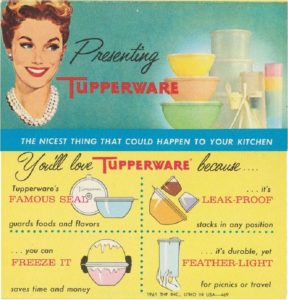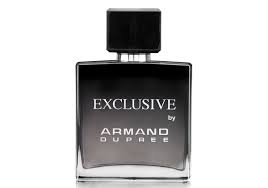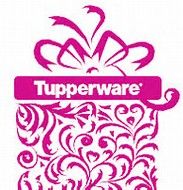Tupperware Brands was founded in 1946 as The Tupperware Company in Leominster, Massachusetts by Earl Tupper. The once-patented “burping seal” is a famous aspect of Tupperware, which distinguished it from competitors.
The company is perhaps best known for their home parties. Tupperware pioneered the direct marketing strategy. The Tupperware home party allowed women of the 1950’s to work and enjoy the benefits of earning an income without completely taking away the independence granted to women during the second world war, when women first began entering the labor market, all the while keeping their focus on home and family. The party plan idea builds on characteristics generally developed by being a housewife (e.g., party planning, hosting a party, sociable relations with friends and neighbors) and created an alternative choice for women who either needed or wanted to work. 
In 1958 Earl Tupper sold the company to Rexall in a $16 million deal. In 2005 the company’s name changed to Tupperware Brands Corporation to reflect diversification of the company’s product line.
In the 1950’s Tupperware parties became a symbol of suburban American life. The first home party outside of the US was held in Weybridge, England, in 1960. Tupperware spread quickly throughout Europe.
Tupperware discontinued selling in England and Ireland in 2003, stating that customers were no longer happy with the direct sales model.
Today the company sells household products and beauty under the Tupperware, Armand Dupree, Avroy Shlain, BeautiControl, Fuller, Nutrimetrics, NaturCare, and Swissgarde.
Tupperware Brands trades publicly on the New York Stock Exchange under the ticker symbol TUP, is a member of the S&P 400, is #792 in the Fortune 1000, has 13,100 employees, and had $2.3 billion in revenue in 2014.
The company announced in May 2018 that they were pulling out of Israel. While no reason was given, it is thought that the regional headquarters in the Middle East played some part in this decision. An estimated 2,000 persons will lose their jobs due to this action.
Tupperware Brands
Tupperware Brands was founded in 1946 as The Tupperware Company in Leominster, Massachusetts by Earl Tupper. The once-patented “burping seal” is a famous aspect of Tupperware, which distinguished it from competitors.
History
The company is perhaps best known for their home parties. Tupperware pioneered the direct marketing strategy. The Tupperware home party allowed women of the 1950’s to work and enjoy the benefits of earning an income without completely taking away the independence granted to women during the second world war, when women first began entering the labor market, all the while keeping their focus on home and family. The party plan idea builds on characteristics generally developed by being a housewife (e.g., party planning, hosting a party, sociable relations with friends and neighbors) and created an alternative choice for women who either needed or wanted to work. 
In 1958 Earl Tupper sold the company to Rexall in a $16 million deal. In 2005 the company’s name changed to Tupperware Brands Corporation to reflect diversification of the company’s product line.
In the 1950’s Tupperware parties became a symbol of suburban American life. The first home party outside of the US was held in Weybridge, England, in 1960. Tupperware spread quickly throughout Europe.
Tupperware discontinued selling in England and Ireland in 2003, stating that customers were no longer happy with the direct sales model.
Today the company sells household products and beauty under the Tupperware, Armand Dupree, Avroy Shlain, BeautiControl, Fuller, Nutrimetrics, NaturCare, and Swissgarde.
Tupperware Brands trades publicly on the New York Stock Exchange under the ticker symbol TUP, is a member of the S&P 400, is #792 in the Fortune 1000, has 13,100 employees, and had $2.3 billion in revenue in 2014.
The company announced in May 2018 that they were pulling out of Israel. While no reason was given, it is thought that the regional headquarters in the Middle East played some part in this decision. An estimated 2,000 persons will lose their jobs due to this action.




